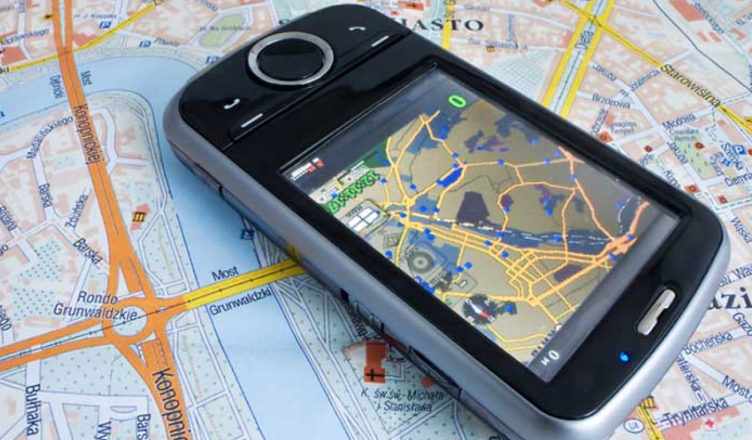This is a frequently debated topic. If you install a tracking app on your smartphone, a third party can easily track or monitor your device. Private details, activity logs, and browser bookmarks are all stored on a smartphone. Mobile phones could be used to track the user’s current location.
People are worried about the protection of their data at this time. This creates a complicated challenge for application developers: they must guarantee the safety of the data they collect.
Phone tracking data is frequently used to monitor criminal activity, intended worksite forgery, or cheating in relationships. Nonetheless, despite the benefits, people are worried about the legalisation and security risks posed by mobile phone tracking apps.
Smartphone tracking app proponents point out how they allow parents to monitor their children’s smartphone activity and also how businesses use tracking to protect confidential company information. The assertion against tracking is that it is used inappropriately: when the same applications are used to secretively monitor employee actions or conduct surveillance on a family member, things become unethical and dangerous.

Mobile Phone Tracking App
Cell devices and other wireless devices have become essential communication tools for active participation in modern life. They are, however, the most strong and efficient tracking devices capable of invading people’s rights.
Recognizing where a person’s cell phone is located may reveal personal information including when they are attending meetings, what political activities they engage in, and who those they spend time with. Without a court order, law enforcers can frequently obtain this sensitive information to use against the individual. By the use of exceptional surveillance programs, the federal government has access to our call records, address books, and even the components of text messages and phone conversations.
Is It Secure To Use Mobile Tracking Apps?
Cell phones have become commonplace, and they are now used for more than just phone calls. They can also be used to connect to the Internet, send texts, and film the world.
Unfortunately, cell phones were not designed with security and privacy in mind. Not only do they fail to encode your communication systems, but they also reveal you to new kinds of logical espion téléphone, like location tracking. Even though many cell phones offer far less versatility than a personal computer, it is harder to change the operating system, detect virus attacks, deactivate or replace unwanted incorporated programs, and prevent third parties, such as the service supplier, from monitoring your activity.
When a cell phone device becomes obsolete, the developer may stop providing software upgrades, which include some critical security patches. If this occurs, the device will be susceptible to hacks, viruses, and spyware due to the lack of an upgraded security system.
Tracking apps do not have to be downloaded. Cellphones already include software and apps that can readily track the information of their users.
- Mobile phones can be easily tracked if they are receiving signals from a local signal tower.
- The IMSI (international mobile subscriber identity) number could be used to track down the user’s SIM card and, as a result, their location.
- If Wi-Fi and Bluetooth are tracked, they can easily reveal a user’s personal data and whereabouts.
- Applications such as Maps and Snapchat, as well as Google location history, can reveal users’ current position.
- Online advertisers monitor your behavior and usage to promote purchases based on your preferences.
As a result, there is no guarantee of privacy. In this instance, all that is required is that the tracking app is used appropriately.

Legalities Related To Phone Tracking Apps
This is especially troubling because some monitoring software allows illegal behaviors under federal law, such as recording a conversation even without the user’s permission. Some app allows users to read other person’s emails or texts in private, which is also illegal under federal law.
On the other hand, many programme rely solely on the authorization of the user; for instance, a smartphone app can monitor the activity of other users if the other user has the tracking app installed on their cell phone. However, some various tracking software utilized by sophisticated agencies and agents are authorized to follow and monitor criminal actions and are thus restricted to authorities only.

